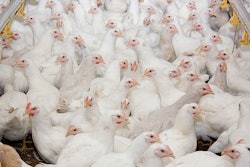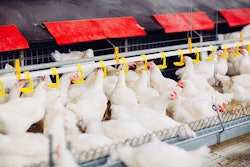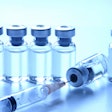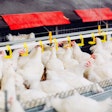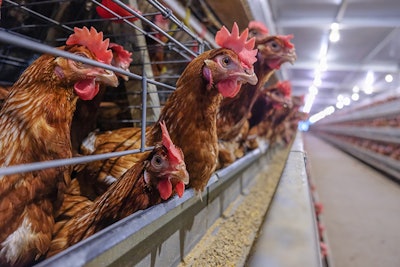
A multinational group of scientists has discovered a gene that could be key to improving the health and wellbeing of laying hens.
Identification of this key gene may help in the selective breeding of lines of egg-laying hens with stronger bones. In future, these birds may also be at lower risk of developing osteoporosis, according to the Roslin Institute at the University of Edinburgh in the United Kingdom. Researchers there worked on the project with scientists in Sweden, Spain, Germany, the Czech Republic, and China.
Because of the resources needed to lay down egg shell on a daily basis, hens may be at risk of developing bone weaknesses that can adversely impact both their health and welfare. This risk is present, even in birds kept on free range, according to Professor Ian Dunn of the Roslin Institute.
“Our findings highlight the importance of a key gene, cystathionine beta synthase (CBS), for healthy bones,” he said. “Further work may show whether other nearby genes on the chicken genome are also of significance.”
In this latest study, the researchers focused on a part of the chicken’s DNA known to be associated with the risk of bone fractures. They compared the activity of the genes in this area with the strength of the bones of hens over successive generations.
In the bones of hens with a particular version of the CBS gene, they found variations in two characteristics of the bone’s structure that are linked to greater strength. The bones of these hens had a higher mineral content, and more crosslinking in the collagen protein.
The researchers hope that their discovery might be applicable to other species, including humans.
The research paper—entitled “An eQTL in the cystathionine beta synthase gene is linked to osteoporosis in laying hens”—is published in the journal Genetics Selection Evolution.
The CBS gene and homocysteine influence bone health
In the paper, the researchers explain that the CBS gene encodes an enzyme. The hen populations they studied showed significantly different levels of expression of the CBS gene. Higher expression of this gene was linked to inferior bone quality, and also to higher levels of the key enzyme’s substrate, an amino acid known as homocysteine.
In humans, a strong link has been established between elevated plasma homocysteine levels and bone problems.
In the latest hen studies, the scientists say their results point to the CBS gene being responsible for these differences. They add that their study shows it will be possible to improve bone quality using markers in this area of the chicken’s DNA, as well as nutritional interventions to modify plasma homocysteine levels.
In another new study by the Roslin Institute—together with the U.S. Department of Agriculture’s Avian Disease and Oncology Laboratory—researchers made a significant discovery regarding protection against Marek’s disease in poultry. They found that imperfect vaccines—ones that manage the symptoms but fail to prevent infection and spread—can protect chickens against the painful symptoms associated with this disease.


